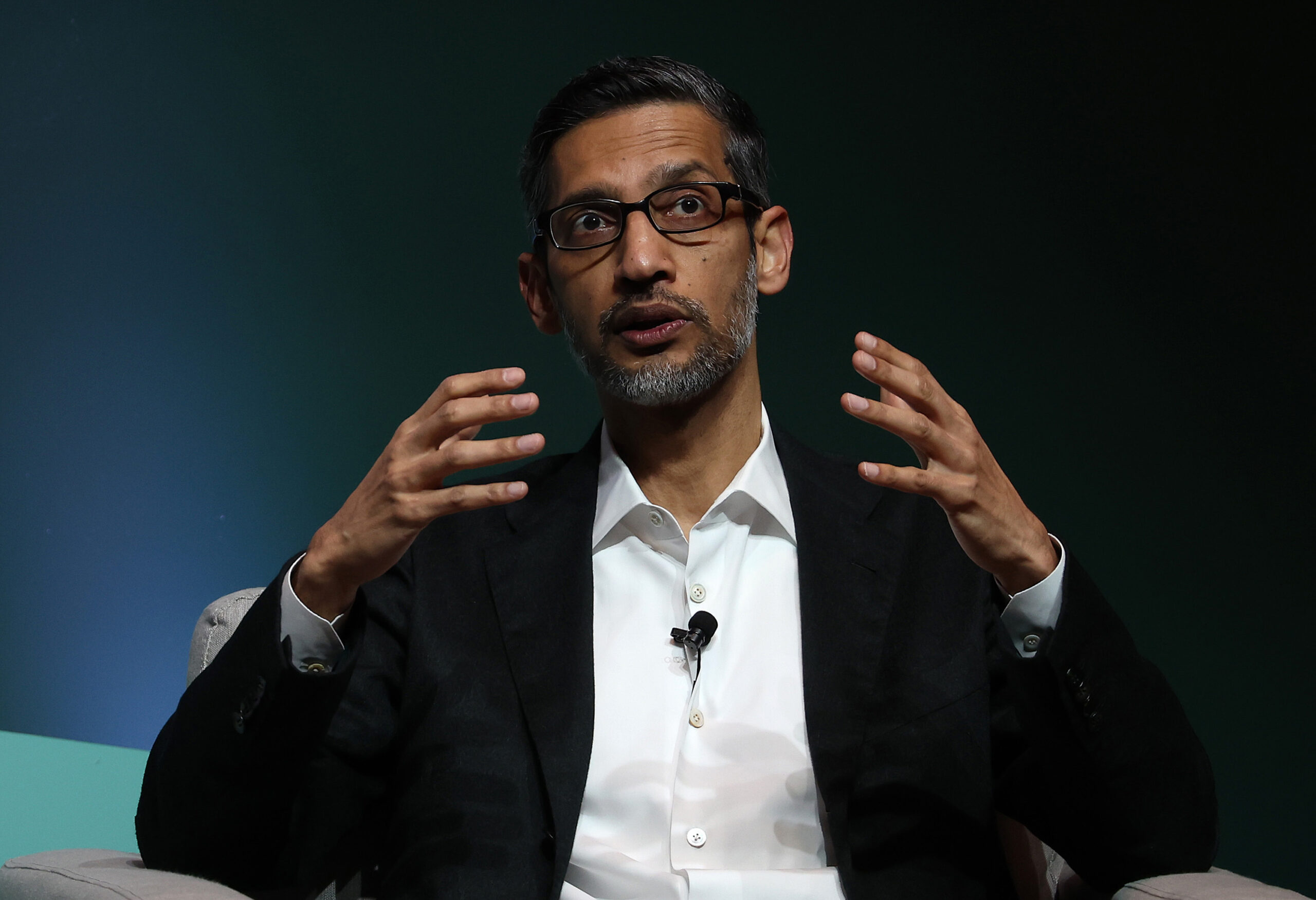
Alphabet’s CEO Sundar Pichai has openly stated that Google will take necessary actions if it is proven that OpenAI used YouTube content improperly for training its AI models.
Google’s Stance on OpenAI’s AI Training
During a recent interview with CNBC, Pichai responded to inquiries concerning OpenAI’s potential misuse of YouTube videos for their Sora model’s development, a matter highlighted after Mira Murati of OpenAI admitted to the uncertain use of such content. While OpenAI has claimed the use of public and licensed data, The New York Times reported the transcription of millions of YouTube video hours by OpenAI, sparking concerns over copyright compliance.
Pichai did not specify the actions Google would take but highlighted the company’s established process to handle such matters, stating, “We engage with companies and make sure they understand our terms of service. And we’ll sort it out.”
New Technologies Unveiled at Google’s I/O Conference
The disclosure of these concerns coincided with Google’s annual I/O conference, where Pichai and other executives unveiled several new AI technologies.
Among these was Veo, a model capable of generating synthetic videos, which showcases Google’s continuing innovation in AI. The conference also spotlighted Google’s advancements in reducing the cost of AI operations, with Pichai mentioning an 80% reduction in the cost of serving up AI models in web searches, attributed to the use of Google’s custom Tensor Processing Units and Nvidia’s GPUs.
Additionally, Pichai touched on Google’s AI integrations within the Apple ecosystem. He discussed the adoption of AI Overviews in Google searches, which had been tested and were set to roll out across the U.S. He also remarked on the longstanding partnership between Google and Apple, emphasizing collaborative efforts to enhance user experiences across devices. This relationship includes the significant financial interactions, such as the share of search advertising revenue Google pays to Apple for searches conducted via the Safari browser.
Furthermore, the timing of Google’s announcements seemed strategically placed around significant events from other tech giants. Just a day before Google’s presentation, OpenAI had unveiled enhancements to its ChatGPT mobile app, introducing features that enable more dynamic voice interactions and real-time analysis capabilities.
Google responded by showcasing similar technologies that will soon be available in its own products, such as Project Astra’s multimedia chat capabilities and the upcoming inclusion of the Gemini chatbot.
Related News:
Featured Image courtesy of Justin Sullivan/Getty Images
